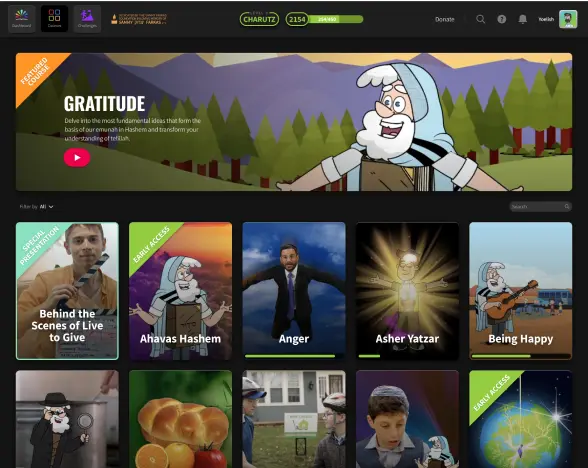Threshing on Shabbos: Ancient Wisdom, Modern Challenges, and Daily Self-Mastery
Threshing on Shabbos: Ancient Wisdom, Modern Challenges, and Daily Self-Mastery
Picture this: It’s Shabbos lunch. The table is set, delicious food is served, and suddenly you spot peas in their pods or a wedge of lemon just waiting to be squeezed into your tea. Ever stopped to wonder why certain everyday actions are off-limits on Shabbos? Welcome to the fascinating world of dosh—the melacha of threshing.
From the Mishkan to Your Kitchen
Threshing once required muscle and focus: farmers would swing a flail to bang wheat stalks, separating precious kernels from their husks. Today, massive machines can do it in seconds, but the core action—extracting something useful from its natural casing—remains the same. The Torah’s wisdom doesn’t stop at the field: it follows us right onto our Shabbos tables, guiding even seemingly trivial choices like podding peas or squeezing fruit.
The Laws: More Than Just Rituals
Jewish law prohibits extracting any natural growing substance from whatever encases it. That means removing peas from tough, inedible pods is a classic dosh scenario—but popping them out of tender, edible pods is fine! Why? Because, as in the Mishkan (the Tabernacle where these labors originated), the meaningful action is separating the useful from the useless. When everything is edible, there’s no significant transformation.
But it doesn’t end there. The practical “offspring” of threshing—mifarek, like squeezing juice from fruit (think lemon in tea!)—is also forbidden on Shabbos. Squeezing applies to more than food: you can’t dry wet hair with a towel, squeeze water from a sponge, or even milk a cow, all because you’re extracting something from its natural container.
Threshing and Self-Mastery: The Psychology of Restraint
It might seem like Shabbos is just a list of “don’ts,” but the disciplines around dosh invite us to practice a crucial life skill: restraint. Modern psychology underscores how habits formed by regularly resisting impulses—waiting before acting—build genuine self-control. The Torah understood this thousands of years ago. By consciously refraining from actions we could do, we take charge of our desires and instincts, much like pausing before sending that hasty text or saving a treat for later.
Everyday Examples
- Podding Peas: Removing peas from tough pods—dosh! Removing from soft, edible pods? Okay!
- Squeezing Lemons: Squeezing directly into tea—avoid, since it counts as extracting juice. But squeeze onto solid foods (like a piece of fish or a sugar cube), and you’re following halachic leniencies.
- Wet Hair and Towels: Don’t squeeze out water; gently pat dry instead.
- Milking Cows: This act is dosh, but Jewish law also cares about the animal’s pain. Farmers often hire non-Jews for this work or use indirect, delayed-action machines as a way to show compassion while respecting Shabbos.
Practical Steps for Shabbos Peace—and Personal Growth
- Plan Ahead: Shell tough nuts and beans before Shabbos. If you crave lemonade or need lemon for tea, use already-squeezed juice or rely on solid foods like sugar cubes for that citrus boost.
- Mental Check-Ins: When you notice that urge—to squeeze, extract, or “just do”—pause and ask: Is this an opportunity to practice restraint and elevate the day?
- Teach Children: Use meal prep to encourage kids’ curiosity about Shabbos rules. Explain how these small acts of self-restraint help us grow in patience and mindfulness all week long!
- Extend the Lesson: Notice moments beyond Shabbos when waiting, holding back, or choosing not to act builds your personal power and connection to Jewish values.
The Flow from Past to Present
Our ancestors threshed by hand, celebrating every kernel of wheat. Today, our challenges are different, but the invitation is the same: Can we master our impulses—and discover meaning in the pause? By bringing intention and self-mastery to even the smallest decisions, we connect deeply to the legacy of Shabbos.
Final Thought
Shabbos isn’t just a day of physical rest—it’s a playground for mastering self-restraint and deepening our values. Next time you catch yourself about to extract, squeeze, or separate, remember: you’re not only keeping a tradition, you’re building powerful muscles for self-mastery, every single week—and that growth can ripple into every area of your life.
Want more engaging Torah wisdom, 100% clean fun, and epic challenges? Sign up free at Torah Live for videos, games, and thrills that will supercharge your Shabbos and your week!
